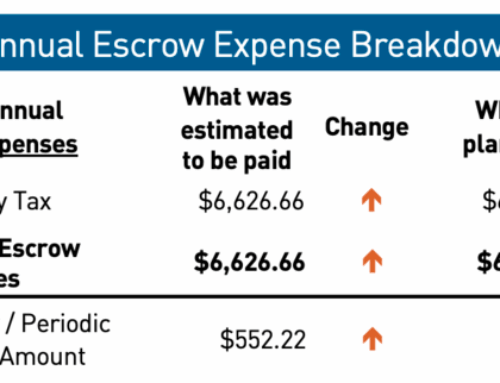Lower gain on sale margins at JPMorgan Chase could be a negative sign for independent mortgage banker results in the second quarter, a Keefe, Bruyette & Woods report said.
The drop in margins at both Chase and Wells Fargo came even as origination volume rebounded at both banks. It was up 44% from the first quarter and 26% year-over-year at Chase; for the same periods at Wells, it was up 61% and 40%.
KBW compared this with Mortgage Bankers Association estimates which called for a 43% increase quarter-to-quarter and 28% over the prior year period.
“While the volume growth was expected, the lower margins despite higher volumes were slightly below expectations but could have been driven by interest rate volatility in the quarter and its impact on pipeline hedging,” said a flash note from Bose George, who covers certain publicly traded independent mortgage bankers. “Nevertheless, we would expect a fairly neutral reaction from our coverage universe.”
Chase originated $13.5 billion of mortgages in the second quarter, up from $9.4 billion in the first quarter and $10.7 billion one year ago.
The retail channel was responsible for $8.7 billion in the most recent period, versus $5.5 billion in the first quarter and $6.9 billion in the second quarter of 2024.
George pointed out that the margin decline at Chase took place even as retail moved to 64% of its total volume from 59% in the first quarter. At Wells Fargo, all of its production is now from the retail channel.
Gain on sale at Chase was 5 basis points lower from the first quarter’s 112 basis points. Wells Fargo fell by half, to 45 basis points, but George did not see this necessarily as a sign for what could happen for IMBs.
On the other hand, “We think the lower GOS margin at [Chase] despite higher retail volume is a slightly negative readthrough,” he said.
Chase’s production revenue was $151 million in the quarter, while servicing revenue was $196 million. This compared with $110 million and $153 million, respectively, three months earlier and $157 million and $189 million a year ago.
At quarter-end, it serviced $653.3 billion, down from $661.6 billion on March 31 but up from $642.8 billion on June 30, 2024.
Wells Fargo’s production totaled $7.4 billion, up from $4.4 billion in the first quarter and $5.3 billion one year ago.
As of June 30, its servicing portfolio totaled $455.5 billion, down from $471.1 billion three months earlier and $512.8 billion on the same day in 2024.
While net servicing income of $136 million was down from $181 million in the first quarter, it was up from $89 million in the second quarter of 2024. Its net gain on originations and sales was $33 million for the most recent period, down from $41 million in the first quarter and $46 million a year ago.
“At Wells Fargo, we calculate that MSR valuation declined by -0.1% to 1.41%, and we calculate that the MSR carrying value at JPMorgan Chase fell by -2.2% to 1.38%,” George said, adding neither discloses their average servicing fee, which could impact the valuation.
“The fairly modest changes in MSR valuations was in line with expectations, given rates remained largely unchanged during the quarter,” he continued.
In the first week of the quarter, the 30-year fixed averaged 6.64%, according to Freddie Mac. The week of April 17, following the bond market reaction to the Liberation Day tariffs announcement, it rose 21 basis points and stayed primarily in the range of 6.75% to almost 6.9% for the rest of the period. At the start of July, the 30-year fell to 6.67%, but was up 5 basis points last week.
If mortgage rates decline, servicers write down the value of their portfolios because of refinancings, and conversely, increase the valuations when rates move higher.
At IMBs, this impacts the bottom line, with MSR writedowns or writeups being the difference between a GAAP profitable quarter and a loss.

